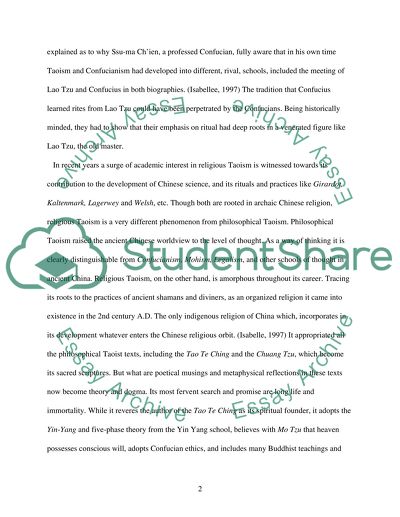Cite this document
(“Taoism a way of being or a way of becoming Essay”, n.d.)
Retrieved from https://studentshare.org/miscellaneous/1500154-taoism-a-way-of-being-or-a-way-of-becoming
Retrieved from https://studentshare.org/miscellaneous/1500154-taoism-a-way-of-being-or-a-way-of-becoming
(Taoism a Way of Being or a Way of Becoming Essay)
https://studentshare.org/miscellaneous/1500154-taoism-a-way-of-being-or-a-way-of-becoming.
https://studentshare.org/miscellaneous/1500154-taoism-a-way-of-being-or-a-way-of-becoming.
“Taoism a Way of Being or a Way of Becoming Essay”, n.d. https://studentshare.org/miscellaneous/1500154-taoism-a-way-of-being-or-a-way-of-becoming.


